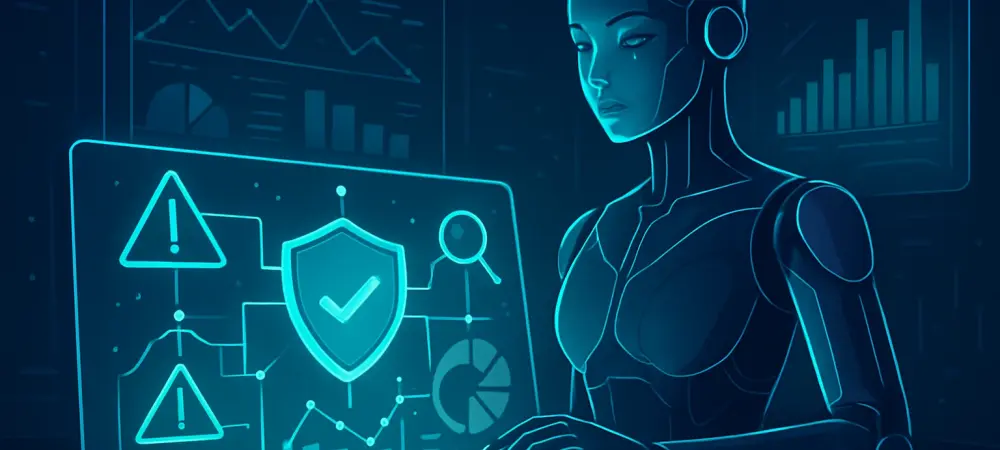In an era where the insurance industry grapples with mounting operational complexities and the urgent need for precision, a groundbreaking partnership has emerged to address these challenges head-on. Gradient AI, a leading provider of artificial intelligence solutions tailored for insurance, has joined forces with Connexure, an Atlanta-based innovator in quoting, underwriting, and administrative software for the self-funded insurance market. This collaboration promises to redefine risk management workflows, particularly for stop-loss insurance carriers and managing general underwriters (MGUs). By integrating cutting-edge technology platforms, the alliance aims to streamline processes, enhance decision-making, and ultimately elevate customer satisfaction. The significance of this partnership lies not only in its immediate impact on operational efficiency but also in its potential to set a new benchmark for innovation in a sector increasingly driven by digital transformation. As insurers face growing pressure to adapt, this collaboration could be a pivotal step forward.
Pioneering a New Era in Risk Management
The core of this strategic alliance is the seamless integration of Gradient AI’s Risk Management Life Cycle solution with Connexure’s ESLoffice platform, a specialized workflow management system designed for the unique demands of stop-loss insurance. This powerful combination merges predictive analytics with automated underwriting and administrative tools, aiming to eliminate operational bottlenecks and create a unified user experience. The result is a streamlined process that empowers carriers and MGUs to make faster, more informed decisions while consolidating disparate data sources into a cohesive framework. Industry leaders from both companies have voiced optimism about the partnership’s potential, noting that it addresses a critical market gap for interoperable systems in the self-funded ecosystem. By leveraging intelligent automation alongside AI-driven insights, this collaboration tackles long-standing inefficiencies, positioning itself as a transformative force. The broader trend of digital adoption in insurance underscores the timeliness of such innovation, reflecting a shift toward technology as a competitive necessity.

